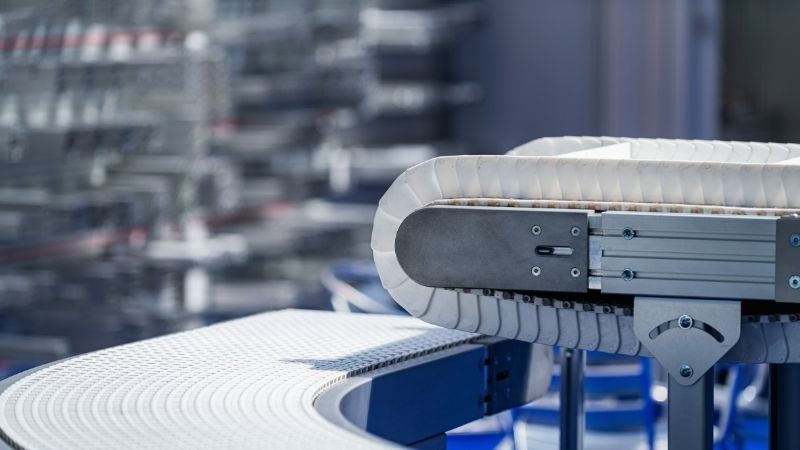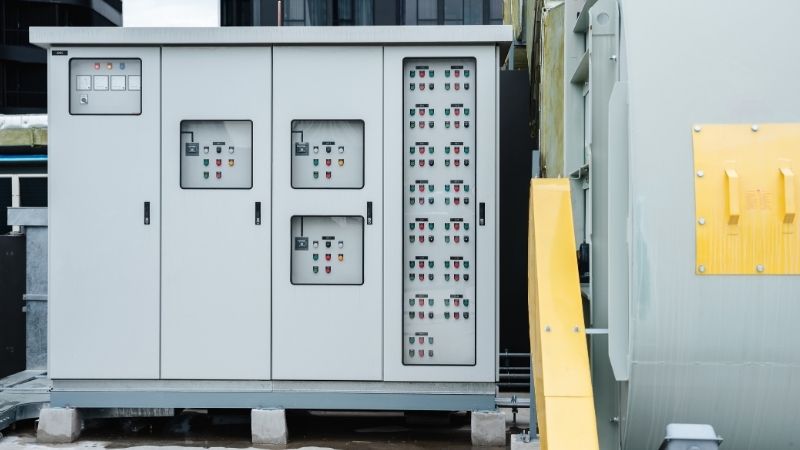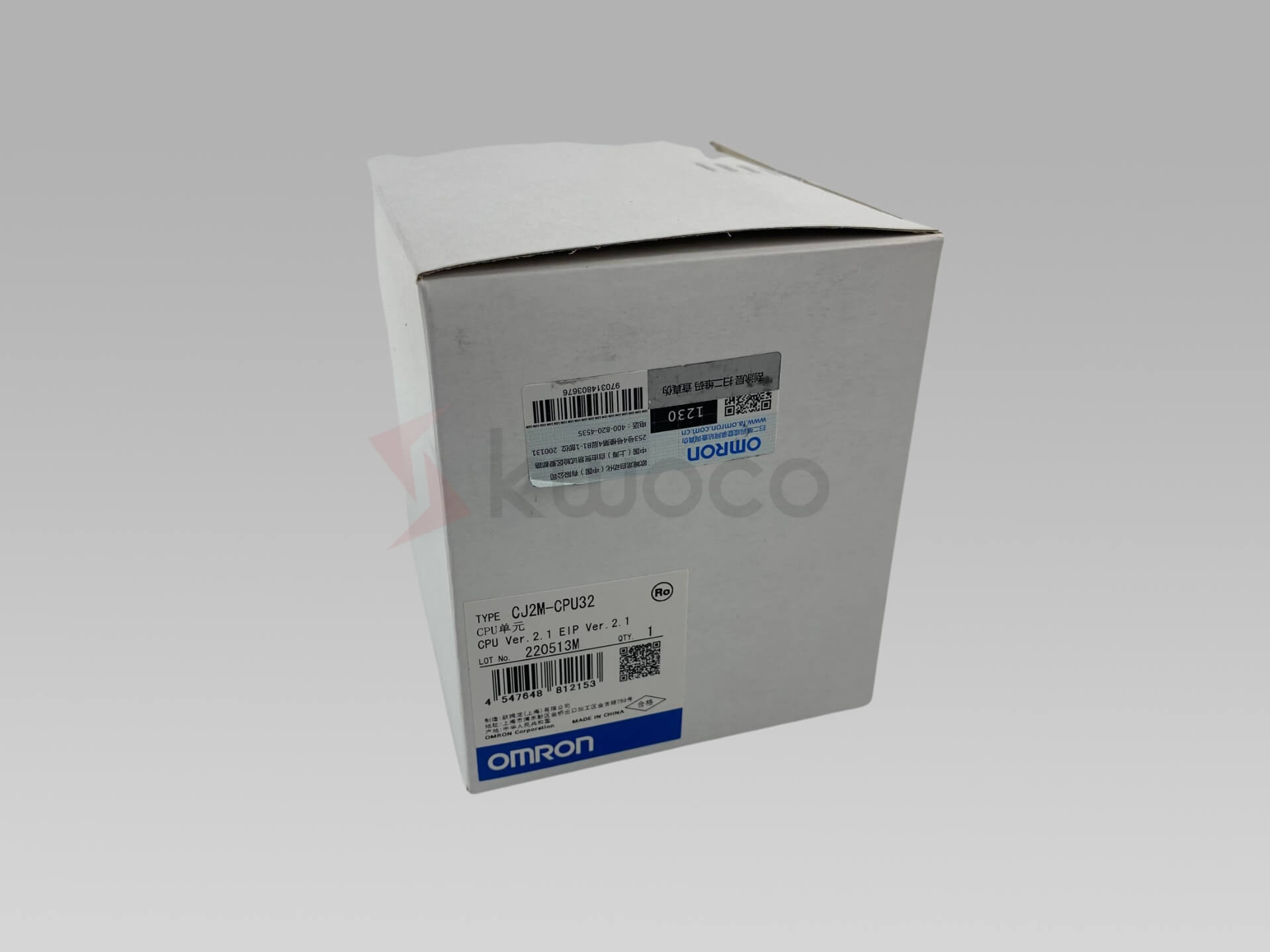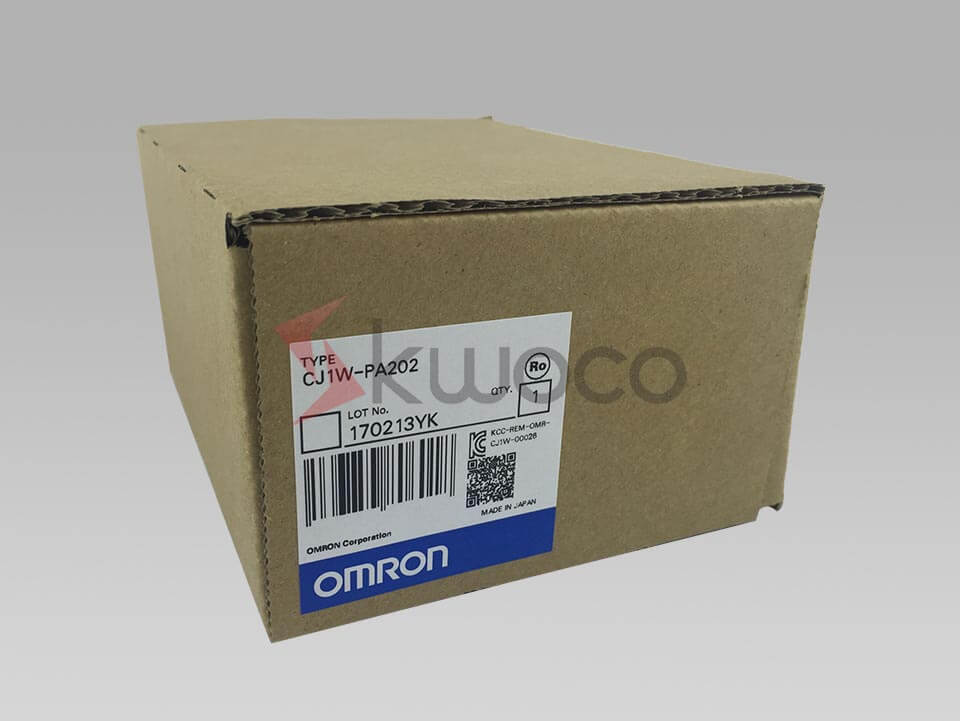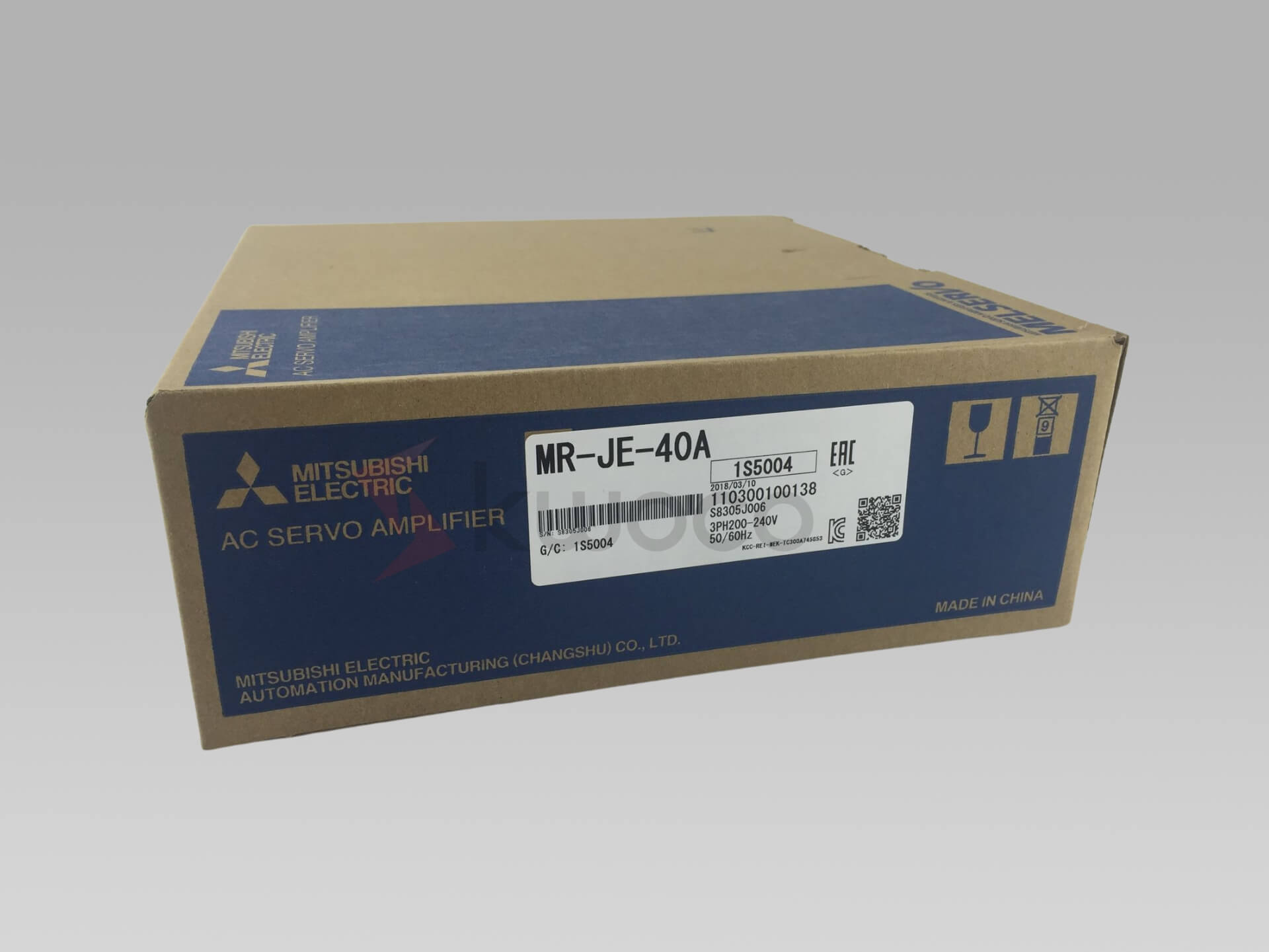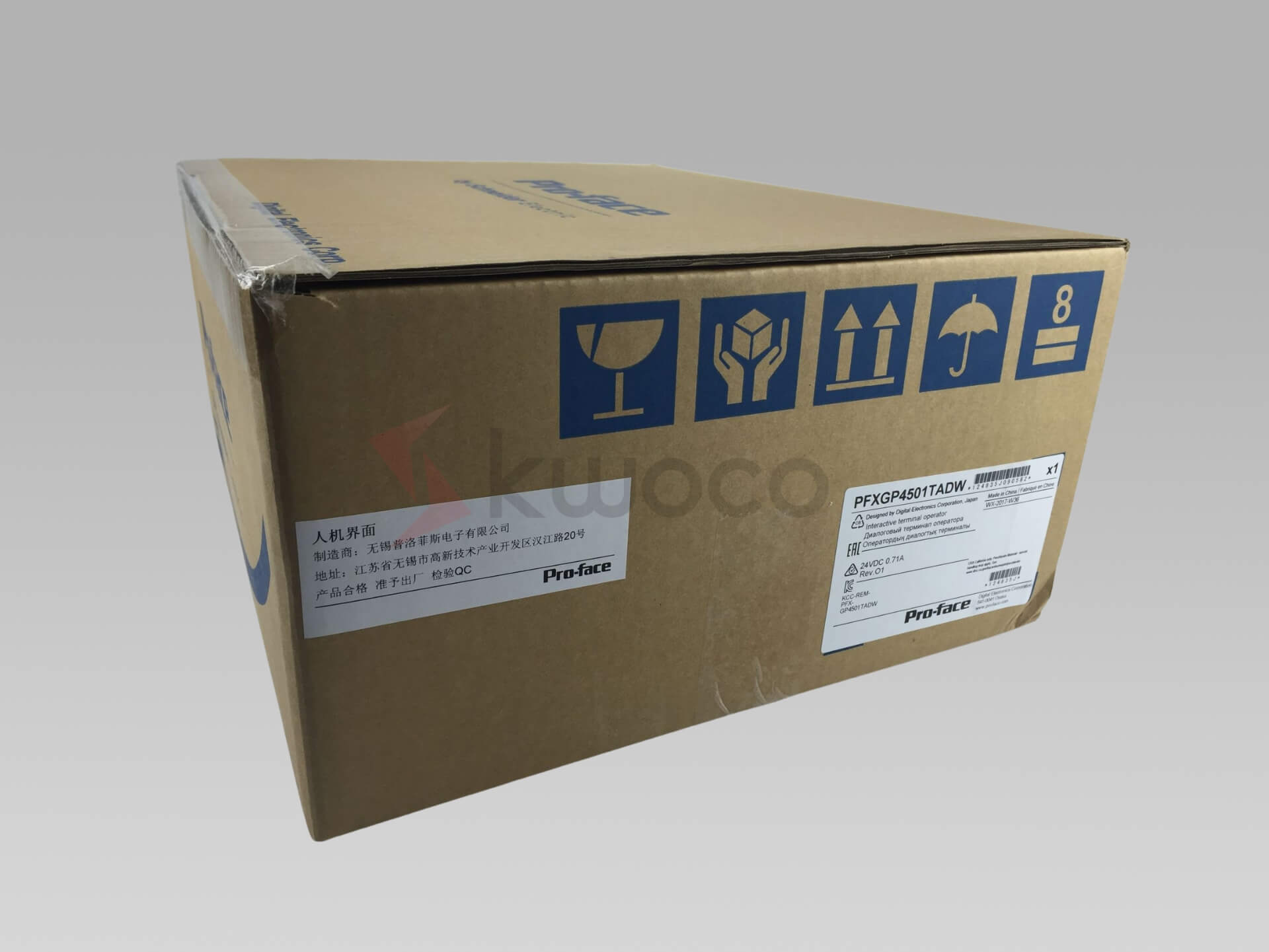Troubleshooting Common PLC Failures: A Guide to Programmable Logic Controllers
This guide delves into the common causes of PLC failures and provides practical troubleshooting tips to help you maintain optimal performance in your PLC systems.
Table of Contents
What Causes PLC Failures in Control Systems?
Understanding the reasons behind PLC failures is crucial for maintaining efficient control systems. Here are some common issues that can lead to PLC problems.
Wear and Tear of Internal Components
Over time, the internal components within the PLC, such as the central processing unit (CPU) and modules, may experience wear and tear due to continuous operation.
- CPU Issues: Problems with the CPU can lead to system instability or failure.
- Faulty Modules: PLC modules, including input/output modules, can fail, causing system disruptions.
- PLC Memory Corruption: The memory of a PLC stores programs and data; corruption can cause unpredictable behavior.
External Factors and Environmental Conditions
External factors can significantly impact the performance of PLCs.
- Electrical Noise and Electromagnetic Interference (EMI): Electrical noise and EMI can disrupt the signals within the PLC system.
- Voltage Fluctuations: Voltage issues can lead to power supply problems, affecting the PLC’s operation.
- Harsh Industrial Environments: Exposure to extreme temperatures and dust can damage internal components.
Human Error and Maintenance Practices
Human error and poor maintenance can lead to PLC failures.
- Incorrect Programming: Errors in the PLC program can cause the system to malfunction.
- Improper Maintenance: Neglecting repair and maintenance can result in unnoticed wear and tear.
- Loose Connections: Loose connections within the PLC control module or with field devices can cause intermittent issues.
By being aware of these common causes of PLC failures, you can implement strategies to avoid these problems and ensure your PLC systems remain reliable.
How Does Electrical Noise Interference Affect PLC Performance?
Electrical noise interference is a significant issue that can lead to PLC faults and system instability.
Understanding Electrical Noise
Electrical noise refers to unwanted disturbances that affect electrical circuits.
- Electromagnetic Interference (EMI): Caused by devices like motors, leading to disruptions within the PLC.
- Radio Frequency Interference (RFI): Emitted by wireless devices and can affect the PLC’s communication.
Impact on PLC Systems
- Data Loss: Electrical noise can corrupt data within the PLC.
- System Crashes: Severe interference may cause the PLC system to reset or crash.
- Intermittent Failures: Leads to unpredictable PLC problems that are hard to diagnose.
Mitigation Strategies
- Proper Grounding: Ensuring ground integrity with a dedicated ground wire reduces interference.
- Shielded Cables: Use of shielded cables to minimize electrical noise interference.
- EMI/RFI Filters: Installing filters to block unwanted signals.
Implementing these strategies helps prevent electrical noise from disrupting your PLC systems.
Troubleshooting Module Failures in PLC Systems
Module failures are a common issue that can lead to system failures in PLC control systems.
Identifying Module Failures
- Error Codes and Fault Messages: The PLC may display specific codes indicating issues.
- Inconsistent Readings: Field devices may provide erratic data.
- System Instability: The system may become unstable or experience system crashes.
Common Causes
- Voltage Issues: Over or under voltage can damage modules.
- Wear and Tear: Prolonged use can lead to wear and tear of modules.
- Loose Connections: Connections to modules or field devices may become loose.
Troubleshooting Steps
- Check Voltage Levels: Ensure the power supply provides correct voltage.
- Inspect Connections: Tighten any loose connections.
- Replace Faulty Modules: Swap out modules showing signs of failure.
By addressing module failures promptly, you can maintain the reliability of your PLC control systems.
The Importance of Ground Integrity in PLC Operations
Ground integrity is vital for the safe and efficient operation of PLCs.
Benefits of Proper Grounding
- Reduces Electrical Noise: Minimizes EMI and RFI, ensuring signal integrity.
- Prevents Ground Loops: Avoids unintended current paths that can disrupt the PLC.
- Enhances Safety: Protects against electrical shocks and equipment damage.
Common Grounding Issues
- Improper Installation: Incorrect grounding can introduce more noise.
- Corrosion and Damage: Can compromise the ground wire, affecting ground integrity.
Best Practices
- Regular Inspections: Check grounding systems for signs of wear and tear.
- Use Dedicated Grounds: Prevents interference from other equipment.
- Follow Industry Standards: Adhere to guidelines for grounding in industrial environments.
Proper grounding ensures your PLC systems operate without interference from electrical noise.
Addressing Power Supply Issues in PLCs
Power supply issues can cause significant disruptions in PLC systems.
Common Power Supply Problems
- Power Surges: Can damage the PLC’s internal components.
- Voltage Fluctuations: Leads to instability in the PLC system.
- Power Failure: Complete loss of power halts operations.
Solutions
- Surge Protection: Install devices to protect against surges.
- Uninterruptible Power Supplies (UPS): Provide a backup power source for the PLC.
- Regular Maintenance: Check the power supply for signs of failure.
Causes of Power Supply Issues
- Grid Failure: External power issues affecting the power supply to the PLC.
- Internal Component Failure: Faults within the PLC’s power module.
- External Factors: Environmental conditions causing power supply issues.
By proactively managing power supply issues, you can prevent unexpected PLC failures.
Frequently Asked Questions
What are the common signs of impending PLC failure?
Signs include intermittent failures, unexpected system crashes, error codes, and unusual behavior from field devices.
How can I minimize electrical noise in my PLC system?
Use shielded cables, ensure proper grounding, and install EMI/RFI filters to reduce electrical noise interference.
Why is grounding important for PLCs?
Proper grounding reduces electrical noise, prevents ground loops, and enhances system stability and safety.
What causes module failures in PLCs?
Causes include voltage issues, wear and tear, and loose connections with modules or field devices.
Power your projects with brand-new, original Omron, Mitsubishi, Schneider PLC – in stock, ready now!
Conclusion
By understanding and addressing these common issues, you can keep your programmable logic controllers running efficiently, ensuring smooth operations in your automation processes. Proactive measures and regular maintenance are key to preventing PLC failures and minimizing downtime.
Looking for new, original PLCs for your projects? At Kwoco, we stock the latest PLCs from top brands like Omron, Mitsubishi, and Schneider. Shop with confidence—fast shipping, guaranteed quality! Buy Now
Contact Us
Just fill out your name, email address, and a brief description of your inquiry in this form. We will contact you within 24 hours.
You May Also Find These Topics Interesting

Understanding the Key Components of a CNC Machine
Computer Numerical Control (CNC) machines have revolutionized modern manufacturing, offering unparalleled precision and efficiency. Understanding the components of a CNC machine is essential for anyone interested in machining, whether you’re a seasoned professional or a curious enthusiast. This guide explores the key components that make up a CNC machine, how they work together, and why they’re crucial for producing high-quality parts.
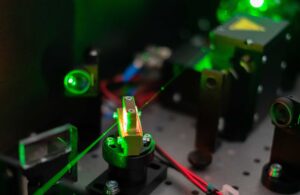
Do Photoelectric Sensors Need Reflectors? Expert Insights
One question that comes up frequently is: Does a photoelectric sensor need a reflector? The answer isn’t a simple yes or no—it depends on the type of sensor and the application’s requirements. Let’s delve into the details to clarify this topic.
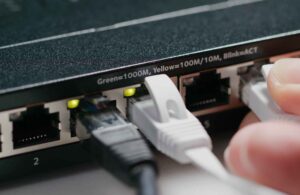
What is Ethernet/IP? Understanding the Industrial Protocol
In today’s rapidly evolving industrial landscape, understanding EtherNet/IP (Industrial Protocol) is crucial for anyone involved in industrial automation and IIoT implementations.

